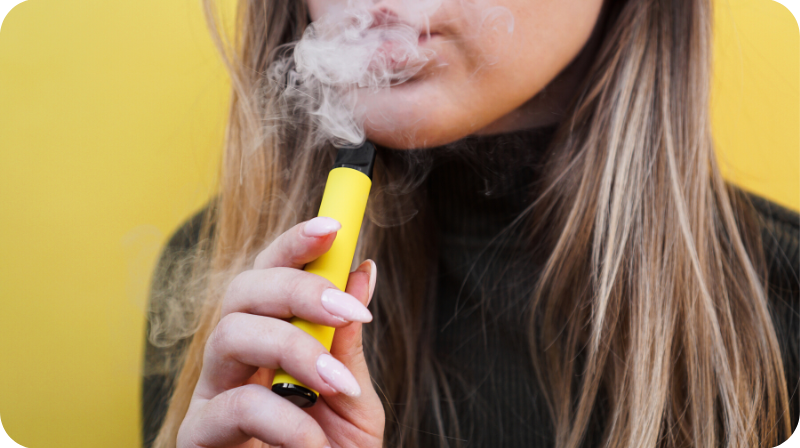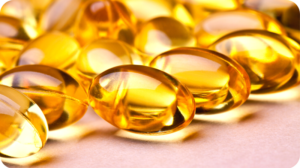Many people think that indulging in a vape or puff of pot right before bedtime can help ensure a good night’s sleep. A new survey on marijuana and sleep, commissioned by the American Academy of Sleep Medicine, indicates that view is wrong. In fact, the results of the survey point to the opposite conclusion—that marijuana use can potentially disrupt healthy sleep patterns.

The survey polled more than2,000 adults online, about their marijuana use and sleep habits. The results support earlier studies that revealed ongoing use of cannabis is related to sleep difficulties, especially difficult-to-measure effects like suffering “non-restorative sleep.”
All of this is hardly surprising. Any cannabis products—including THC (the intoxicating compound), CBD, and other components of the plant—involve complex interactions with the body’s chemistry. One of the most significant points about marijuana and its constituents is that they have a “bi-phasic” impact; too little can be as disruptive as too much. To complicate matters the effect of THC on different people can vary radically. What some people find incredibly relaxing, might induce intense anxiety and nervousness in other users.
3 Sleep-Boosting Pot Alternatives
The effects of marijuana—including how it impacts any person’s sleep—are unpredictable and can be affected by the strain of the plant, whether it is organic or not, and how much is actually consumed. Fortunately for people experiencing sleep difficulties, there are a number of alternatives to investigate in place of taking drugs.
- Basic sleep hygiene and habits. This is the low-hanging fruit in your effort to get better sleep. All of these practices are fairly well established: Turn off tech screens at least 30 minutes before going to bed. Make sure your mattress, pillows, and bed linens are all high quality and comfortable. Keep bedroom sleeping temperature between 62°F and 65°F. Don’t eat within two hours of going to bed, and avoid consuming sugar and caffeine at night. Make sure your bedroom is as dark and quiet as possible.
- Exercise. How and when you exercise can radically affect how well you sleep. Try to do any strenuous exercise early in the day, and shoot for at least 30 minutes of it per day. Save nighttime for relaxing activities, like slow yoga or simple stretching routines. Don’t exercise within an hour of going to bed. Exercise every day for the best potential sleep.
- Natural Sleep Aids. No matter what how good your sleep hygiene may be, you might need help in getting to sleep or staying there from time to time. If you turn to sleep aids, be as careful with them as you would with prescription drugs. Read labels closely and purchase only reputable brands (this is not the place to save a couple of bucks). Start with magnesium supplements, which are some of the most effective sleep aids. CBD sleep supplements are a bit more problematic and will take some trial and error to figure out the right product and dose for you. Melatonin is highly touted as a sleep aid, but should be used only briefly, to readjust your sleep cycle. Start with 2 to 3mg of melatonin and go up from there as needed. More is rarely better when it comes to sleep aid doses. Don’t combine products or ingredients. Instead, try them out one at a time to determine what works for you and what doesn’t.
If you experience severe sleep disturbances or chronic insomnia, consult your primary care provider about getting a sleep test and possibly using a CPAP machine. Learn more about sleep and the issues that can disrupt it on the American Academy of Sleep Medicine’s website, or check out the in-depth information on the National Sleep Foundation website.







